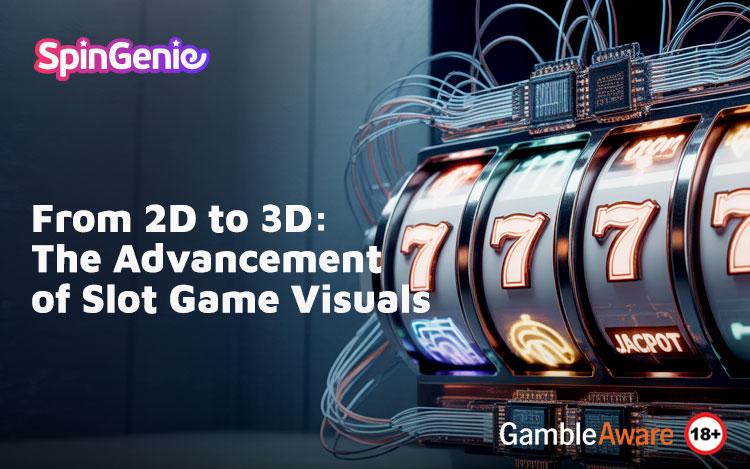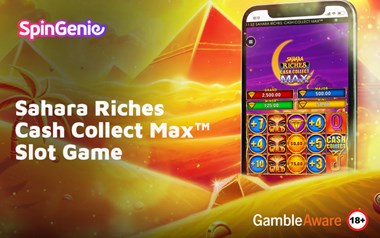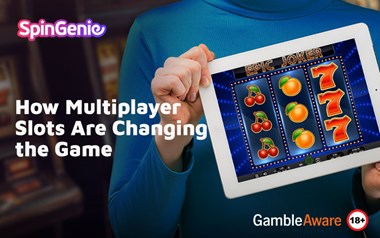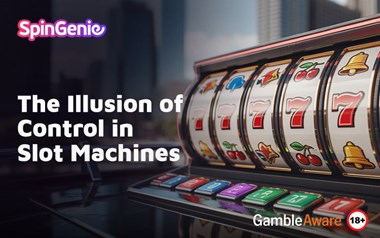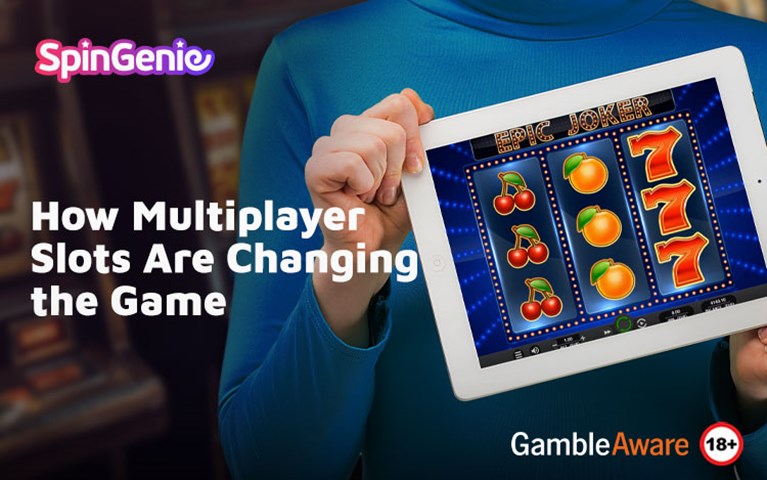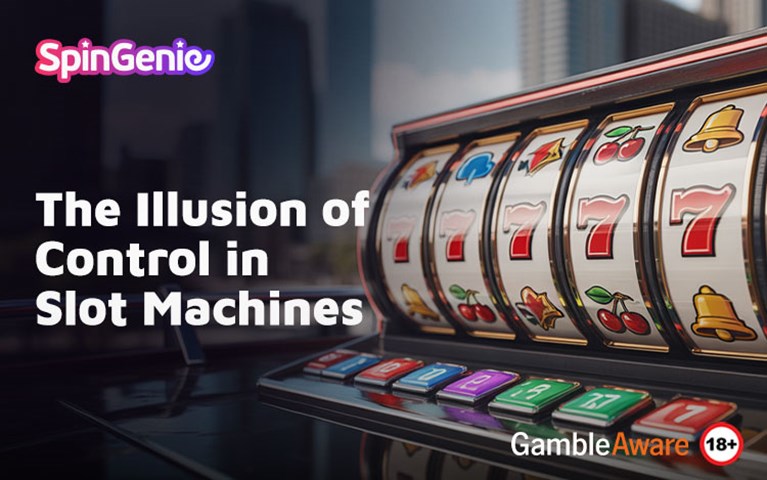The world of online slot games has dramatically transformed over the years—from basic symbols on mechanical reels to rich, 3D animated worlds you can dive into. Through this journey, advancements in graphics and animation have played a pivotal role in shaping player experiences. In this article, we’ll explore the evolution of slot visuals and animation, marking key milestones along the way.
The Origins: Simple 2D Graphics
Mechanical Beginnings
Slot machines began around 1895 with mechanical reels and primitive symbols like fruit and bells. These visuals were functional and utilitarian, designed more for clarity than flair.
The Video Slot Rise
In the 1970s and ’80s, video slots replaced mechanical parts with CRT screens. This allowed for more creative themes, animations, and bonus features, opening the door to the video game-like slot era. Learn more in our article on the slot machine graphics evolution.
The Rise of HD and Enhanced 2D
High-Definition Visuals
By the 2010s, improved graphics hardware and larger screens meant HD visuals became standard. Symbols and backgrounds acquired more clarity, detail, and polish.
Richer Special Effects
These 2D slots featured smoother animations, cascading symbols, and standout bonus interactions. It made the gaming environment more engaging, even without 3D visuals.
Stepping into 3D: Depth and Storytelling
The Emergence of 3D Slots
Thanks to engines like Unity and Unreal, the mid-2000s saw developers begin to use polygonal models and real-time rendering. Games like “Gonzo’s Quest” and “The Slotfather” pioneered this trend.
Immersive Environments
3D slots brought depth of field, lighting effects, character animations, and cinematic cut‑scenes—rich visuals now enhance artistic storytelling.
Interactive Bonus Rounds
Rather than popping up 2D screens, many 3D games seamlessly weave interactive bonus rounds into the game world, elevating immersion.
The Role of Animation in Slot Games
Animation in slot games does more than make things look nice; animation in slot games plays a central role in how players interact with and interpret the game. Whether it’s a cascading symbol, a coin drop, or a character reacting to a bonus feature, animation adds movement, clarity, and personality to every spin.
Enhancing User Engagement
Animations capture attention and keep gameplay interesting. Rather than presenting static symbols or flat reels, animated transitions—like expanding wilds, flying coins, or spinning wheels—offer visual confirmation that something fun has happened. These moments create a sense of progression, even in games where outcomes remain random.
Communicating Game Events Clearly
Animations also act as visual language. A glowing reel, a bouncing scatter symbol, or a flashing win line helps players understand what’s going on without needing to read complex rules. It’s especially useful in online slot games with multiple features—animations act as guides that explain gameplay organically.
Building Thematic Worlds
Themed slots rely heavily on animation to transport players into different worlds. For instance, an underwater slot might have swimming fish and bubbling effects, while a fantasy game might show dragons breathing fire during a feature. These elements aren’t just decorative—they enrich the theme and make it more immersive.
Animation for Bonus Features
Modern slot games often feature bonus rounds that feel more like mini-games. Animations bring these to life with dynamic storytelling, such as doors swinging open to reveal prizes or characters progressing through animated quests. The use of animation ensures these features feel integrated into the world, rather than detached from the base game.
Keeping the Experience Smooth
Smooth transitions between spins and features also contribute to player comfort. Fluid reel spins, symbol fades, and natural motion effects reduce visual fatigue, especially during longer play sessions. A game that animates well simply feels more polished and enjoyable.
Responsibly Designed Animation
It’s also worth noting that well-designed animations don’t overload the senses or create false impressions. Responsible developers ensure that animations are balanced, not too intense or misleading, and don’t simulate false wins (e.g. over-celebrating very small payouts). Animation should support enjoyment, not encourage prolonged play beyond comfort.
2D vs 3D Slot Graphics: What Sets Them Apart?
When exploring the evolution of slot machine graphics, understanding the difference between 2D and 3D visuals is key. Each style offers unique qualities that influence the player experience in distinct ways.
Feature | 2D Graphics | 3D Graphics |
Visual Depth | Flat, illustrative symbols | Polygons, depth perception, and realism |
Animation | Frame-based, sprite animations | Smooth, bone‑based, dynamic |
Bonus & Cut-scene Interaction | Overlay screens | Integrated, immersive events |
Technical Requirements | Low resources (mobile-friendly) | Higher GPU/CPU needs (desktop & high-end mobile) |
Technical Advancements Behind the Leap
Powerful Game Engines & AI
Modern engines support dynamic lighting, reflective surfaces, and particle effects. AI is also used to generate models from 2D references, speeding up asset creation.
Cross-Device Performance
Graphics must scale across devices. Developers optimise using level-of-detail (LOD) systems—switching between simpler 2D and full 3D depending on hardware.
Outsourced Artistry
Studios now often partner with specialised art teams for 3D assets, blending external expertise with internal game logic to focus resources efficiently.
Why 3D Graphics Enhance Play
- Immersion & storytelling: Richer narratives emerge with cinematic intros, voiced characters, and real-time reactions.
- Emotional connection: Players grow more attached to characters and environments with lifelike animations and scenes.
- Increased engagement: Interactive visuals, especially in bonus events, can elevate gameplay, but without implying enhanced winning potential.
User Experience: 3D with Clarity
Eye-Friendly Design
Despite stunning graphics, clarity remains vital. Developers balance detail with readability, ensuring smooth animations and intuitive layouts.
Accessibility Considerations
3D visuals must still consider colour contrast, adjustable font sizes, and audio cues—for players who might be affected by complex animations.
The Future Vision: VR, AR and Beyond
VR & AR Frontiers
The next visual frontier involves full VR casinos and AR-enhanced gameplay—imagine reels projected into real space or slot tables in headphones-level VR.
AI-Driven Customisation
AI is also starting to personalise visual styles—offering subtle aesthetic tweaks based on user preferences without altering fairness.
Legacy & Accessibility: Holding Onto 2D Charm
Nostalgic Hits
Classic fruit machines offer simple, retro charm. These 2D slots remain beloved for their straightforward, familiar experience.
Always-On Accessibility
For low-end devices or quick play sessions, optimised 2D slots provide inclusive gaming when performance is a priority.
Balancing Innovation with Fair Play
While visuals evolve, fairness remains paramount. Random Number Generators (RNGs) governing outcomes are fully separate from graphics. Enhanced depth, animations, and effects never influence the randomness of spins.
Final Thoughts: Graphics Make It Feel Alive
Slot visuals have come a long way—from static 2D reels to immersive 3D worlds. While advanced graphics add immersion and fun, the core remains a game of chance. Innovations in slot machine graphics, evolution and animation in slot games build engagement, not outcomes.
At Spin Genie, we offer a diverse range of both classic and 3D-enhanced slot games. Whether you're drawn to retro simplicity or cinematic immersion, every game is created with care, responsibility, and clarity.

